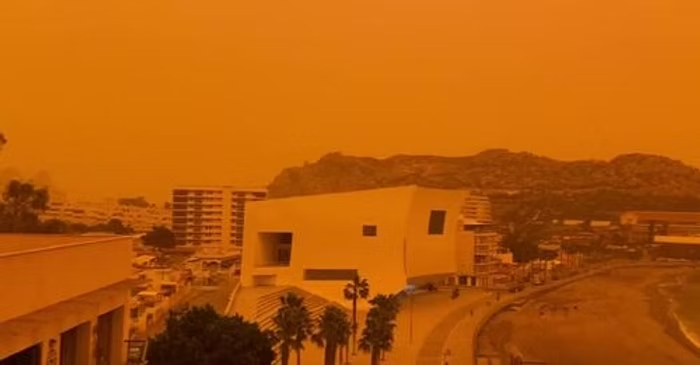Portugal to Hire 500 More Specialized Firefighters
- @ Cynthia Adina Kirkwood

- May 3, 2022
- 3 min read
Updated: May 4, 2022

The government authorized the creation of 100 new Permanent Intervention Teams in fire departments on mainland Portugal.
Each team will be composed of five professional firefighters with specialized skills.
The total number of Permanent Intervention Teams (EIPs) will increase to 662, almost quadrupling the number of teams created by 2016, which was 169, according to the government’s website (March 18).
There were 491 teams in 2017, the year of the two deadliest fires in Portugal.
The Secretary of State for Internal Administration, Patricia Gaspar, signed the protocols for the decision intended “to consolidate the commitment to strengthen the model of permanent professional response to civil protection risks”.
“The protocols, to be concluded between the National Emergency and Civil Protection Authority (ANEPC), the municipalities and the humanitarian fire associations, aim to improve the efficiency of Civil Protection and the conditions of prevention and assistance in the face of accidents and catastrophes”, stated the website.
The 100 new teams will be posted in 73 municipalities on the mainland, where all the districts will have new teams, such as Lisbon (16), Viseu (11), Leiria (9), Coimbra (8), Setubal (8), and Viana do Castelo (8).
The placement of these teams was based on objective and verifiable criteria, established by the National Emergency and Civil Protection Authority (ANEPC) and presented to the Portuguese Fire Brigade.
Each team must have at a minimum 20 percent representation of each gender due to the December 29, 2021 regulation for team composition in concert with the government’s promotion of gender diversity.
New teams are planned to be set up in the second half of 2022, according to the government website.
At the inauguration of the Museum of the League of Portuguese Firefighters in Lisbon in December 2021, Prime Minister Antonio Costa said that volunteer firefighters continue to be the backbone of Civil Protection, according to the government website (December 10, 2021).
However, Prime Minister Antonio Costa underlined the need for institutions to adapt to changes, especially with regard to the forest:
“Without prejudice to voluntarism continuing to be the basis of the activity of volunteer firefighters, we have been introducing Permanent Intervention Teams in order to have a professional core. We are no longer in the time when, next to a fire humanitarian association, there was a factory and, when the siren rang, the workers could leave, report to the barracks and leave to respond to the event."
Today, in many regions of the country, “desertification also has deserted the availability of human resources for volunteer firefighters. So, like everything else in life, we have to adapt.”
Antonio Costa said that the museum is a testament to the ability of firefighters to change and adapt at all levels over the last century.
However, he added: ”We must manage to preserve and maintain what is so important and unique: We have a structure of volunteer firefighters as the backbone of our Civil Protection system, and this is essential for the future of the country.”
People respect volunteer firefighters.
After Portugal emerged from half a century of dictatorship in 1974, joining the volunteer fire brigades became a badge of honor in Portugal’s democratic society, reported The New York Times (August 12, 2017).
“Everybody in Portugal has a cousin who is a firefighter hero,” said Joao Gama, a lawyer and former secretary of state for local government. “No politician wants to even start the discussion about a system of volunteers that is really part of our society’s culture.”
The New York Times continued: “The system of volunteers has been affected by the migration from rural to urban areas, meaning young volunteers often need to travel long distances to reach a forest fire, which occurred with the tragedy at Pedrogao Grande in June (2017).”



Comments